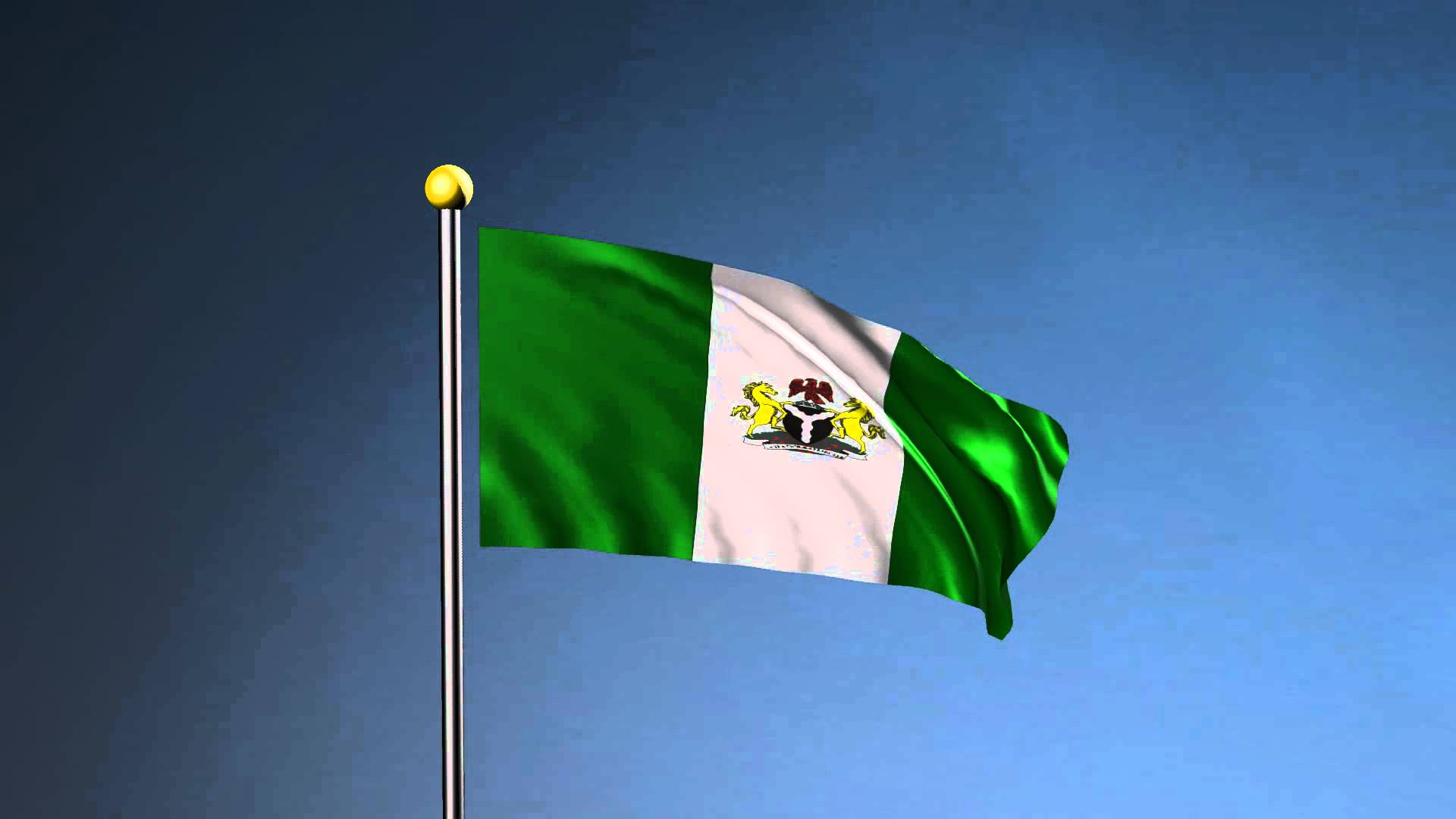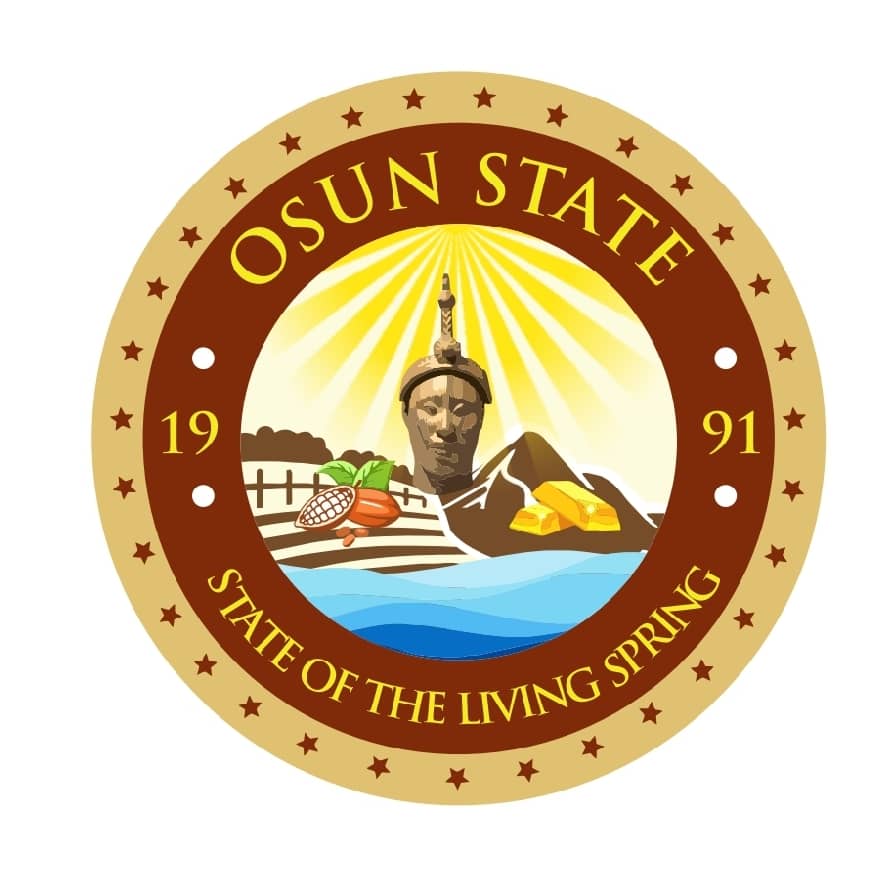In this commemorative piece, put together to capture Nigerians’ true mood on the nation’s Democracy Day, INWALOMHE DONALD x-rays the antecedents and significance of June 12; applauding the patriotic zeal of its heroes: living or dead.
Now that 12th of June has been officially signed into law as the country’s Democracy Day and a public holiday, I am of the opinion that it will be pertinent to do a thorough review of its nitty-gritty for clarity and better understanding; because there is more to `that date` in the history of our existence than meets the eye. The history of this feat cannot be completed without accordance of appropriate accolades to some important events that preceded it. The June 12 Democracy Day is not about Abiola or June 12; it is essentially about President Buhari and his political enemies – Obasanjo and Babangida. President Buhari did what Obasanjo refused to do. He partially righted the wrong done to Abiola by Babangida.
25 years after the military nullified the outcome of Nigeria’s democratic elections of June 12, 1993, the country, led by another soldier from the past, marches into the future with its gaze firmly fixed backwards. Now as then, the country needs a committed civic coalition to show up and reclaim a space increasingly constrained by a regime that shows casual disregard for both democracy and the citizens from whom it receives its mandate to rule. The two candidates in the presidential ballot on 12 June 1993 were Alhaji Bashir Tofa of the National Republic Convention, NRC, and Alhaji Moshood Abiola of the Social Democratic Party, SDP. They were both Muslims. Today, unprecedented levels of sectarian poison would make such a ticket unthinkable. 10 days after the vote took place, the National Electoral Commission, NEC, was yet to officially declare the outcome.
Tinubu said June 12 should serve as a continual reminder to Nigerians on the imperative of pursuing the cause of justice in all spheres of life as a necessary condition for peace, prosperity and progress. The party leader noted that May 29 does not carry the weight of significance that June 12 carries in the country’s democratic sojourn. Asiwaju Ahmed Bola Tinubu, National Leader of ruling All Progressives Congress (APC), is excited over plans to celebrate June 12 as Democracy Day. Tinubu led some South-West states that first declared June 12 as Democracy Day.
The Federal Government had announced that President Muhammadu Buhari’s inauguration for a second term on May 29 will be low-key and that a number of events slated for the inauguration will be held on June 12.
Throughout his tenure as governor, Tinubu, who said May 29 is not the original Democracy Day declared June 12 as a public holiday in Lagos State. With his party, the All Progressives Congress (APC) in charge, President Muhammadu Buhari last year conferred the highest national honour on the late MKO Abiola. He officially assented to the Bill making June 12 Democracy Day and also renamed the National Stadium Abuja after Abiola.
Before now, Asiwaju Bola Tinubu, former governor of Lagos State and National Leader of the ruling All Progressives Congress (APC ) had always been regarded as one of the true heroes of the June 12 struggle. To many, Tinubu is a consummate politician, consistent democrat, tested and trusted leader and a staunch believer in the June 12 struggle.
Tinubu suffered in consequence and was in exile abroad. Pa Adesanya insisted that one of them who suffered should be governor so that he could rehabilitate others”.
I must set the records straight on Tinubu’s involvement and contributions in good conscience. Like MKO had commended Senator Bola Ahmed Tinubu’s role in support of June 12 cause, apart from Prof. Wole Soyinka, who contributed through his leadership of NALICON and gave us a link to the leaders of Norway, Canada, followed by Gen. Alani Akinrinade and, of course, the leader of all of us, Chief Anthony Enahoro, no one else had more contributions than Asiwaju. Tinubu sold some property to get funds for the pro-democracy project in the United Kingdom and sponsored many activities that shook the military regime of Gen. Sani Abacha.
Bola Ahmed Tinubu sold his London property for the struggle. In fact, the last one he sold was the one which his uncle, Wale Tinubu’s father and former Police Commissioner, gave him to manage while he was on exile.
“The property in London, Tinubu sold it. What was left for Tinubu was his own flat in London where we used to visit. The real operative activities against Sani Abacha were numerous. From Western Europe and North America, Tinubu was involved. Tinubu organised and funded the training of our men, ‘SAS’ agents.
“Tinubu was reliable during the pro-democracy action against Gen. Sani Abacha’s dictatorial rule. That reliability is unchallengeable. If you doubt me, you can ask the present governor of Ekiti. Most of the funding for Radio Kudirat came from Tinubu through Ola Soyinka, son of Prof. Wole Soyinka. And I can say that Tinubu’s other son can also bear witness to that.
“The internationally eminent professor, Segun Gbadegesin, can testify to Tinubu’s support for those operations in the United States of America.” Apart from Gen. Alani Akinrinade, Tinubu made so much sacrifice. So was Beko Ransom-Kuti. So was Governor Kayode Fayemi. He was a young man then; younger than all of us. He did so much.
“So were Commodore Dan Suleiman; Ambassador Ralph Nwachie; Chief John Odigie-Oyegun; Hon. Wale Oshun; Prof. Bolaji Akinyemi; and Dr. Amos Akingba, whose posh-like majestic two-storey mansion, off Opebi Street, Ikeja, was an operational base; Solicitor Dele Ogun; Dr. Ola Soyinka; Makin Soyinka; Bolu Atijosan; Taiwo Akinola; and the veteran journalists: Nosa Igiebor, Chuks Illugbunam, Doyin Iyiola, Mr. Johnson and George Noah, Dr. Femi Folurunsho and Dele Momodu, who joined us later.
Post-Civic
Ultimately, most of the politicians who have enjoyed this democracy with little to show for it in terms of outcomes for the people, must be called upon or compelled, if necessary, to defend it. Now as in 1993, the inspiration for the political actors came from the resilience of civic actors, provided then by the Campaign for Democracy, CD. 19 years after the return to civil rule, such civic voices are once again needed to inspire another generation of political actors and citizens in joint enterprise. New digital capabilities may enhance their reach but this new civic coalition for democracy is urgently needed to help Nigeria complete the transition from militarized civil rule to a democracy. Today, it is a thing of joy that the date has been made our `Democracy Day` and a public holiday; but, the pertinent question that needs urgent answer is: are we truly making conscious, genuine, and deliberate efforts towards replicating the numerous attributes that the `real June 12, 1993` encompassed?
The State Of Osun
In the State of Osun, former Governor Rauf Aregbesola has said that June 12 is significant in Nigeria’s political history as the day true democracy was born in the country. The former Governor noted that his administration had taken June 12 seriously by acknowledging it as ‘Democracy Day’ for eight years and also observed the day as public holiday in Osun. Aregbesola at Osun June 12 Democracy Day Celebration in Osogbo tagged “June 12 Silver Jubilee: The Essence Of Peaceful Co-existence In The Period Of Transitional Democracy” stated that It is gratifying and commendable that President Muhammadu Buhari-led Federal Government has recognized June 12 as ‘Democracy Day’.
He also lauded President Buhari for honouring Basorun Abiola, his running mate, Ambassador Babagana Kingibe, and foremost human rights lawyer, Chief Gani Fawehinmi. Aregbesola stressed that June 12 had been described as a watershed in Nigeria’s political trajectory, saying Nigeria had been under military rule since the January 15, 1966 military coup with a short break of civilian rule between October 1, 1979 and December 31, 1983.
The former Governor admonished President Buhari to de-annul the June 12, 1993 Presidential Election and declare Abiola president in order to properly address the injustice done to Nigerians 25 years ago. “We view what he has done as a very good first step in a new beginning which has to be built upon.
“To properly address the injustice of June 12, we demand that the election result be fully declared and Basorun Abiola declared president posthumous.
“He should be recognized as a past Nigerian president and accorded the honour and full privileges attached to that position.
“The greatest honour President Buhari would do to the memory of Basorun Abiola is to ensure that the incident of democratic abortion, like the annulment of June 12 election never happens again in Nigeria.
“This will be done through the development of our constitution to deepen federalism, strict observance of the Rule of Law and strengthening of democratic institutions”.









